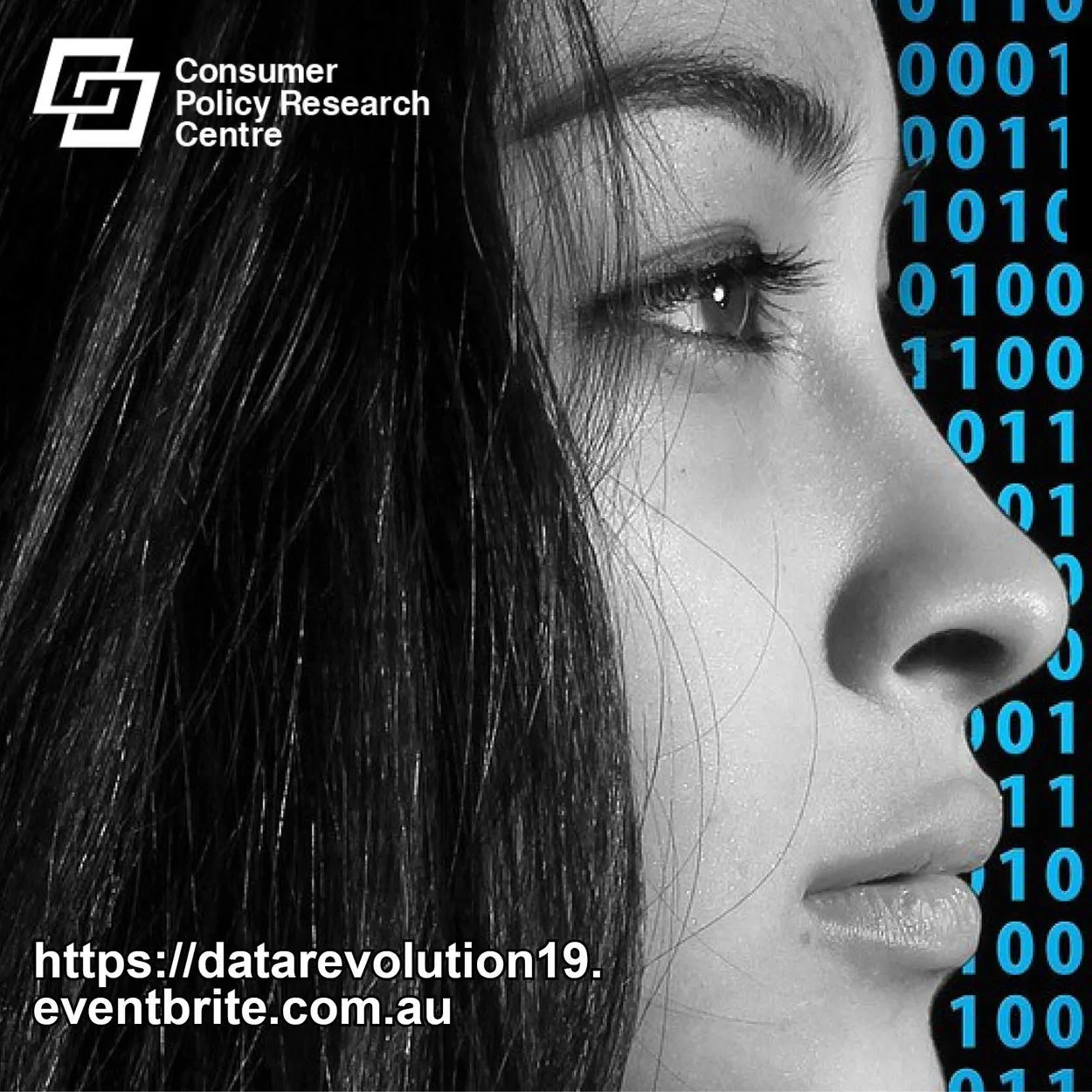There has been increasing interest in revamping our economic systems to better support individual and collective health and wellbeing and distribute wealth more evenly, while doing more to protect the planet. In today’s post, recently-appointed VicHealth (@VicHealth) postdoctoral research fellow Melissa Kennedy of Deakin University (@DeakinSeed) explains what Community Wealth Building (CWB) is and how a recent Masterclass in the Victorian Goldfields region explored its transformative potential.
Read MoreHere Professor Jenny Lewis (@JennyMLewis1; University of Melbourne) reports on her study of public sector innovation laboratories in two nations, outlining the challenges and opportunities for design thinking in policymaking. Jenny’s article with Dr Michael McGann and Dr Emma Blomkamp is free to read in Policy & Politics until 29 February 2020.
Read MoreData-fuelled technologies and industries will deliver significant economic growth over the coming decade. How can we ensure that the benefits of that growth are shared fairly? The Consumer Policy Research Centre, an independent, for purpose consumer research think tank, is hosting a conference in Melbourne in November to explore consumer welfare and innovation in the digital economy. CEO Lauren Solomon explains who will be there and why it's important to examine the intersection between data, privacy regulation, competition policy and consumer protection.
Read MoreThe rollout of the National Disability Insurance Scheme (NDIS) has be challenging, with the scheme experiencing delays in budget allocation as well as the design and review of individual plans. But how can this be avoided for a service that, to be fit-for-purpose, requires a significant amount of client engagement and service personalisation?
In this article from The Mandarin, BIS Oxford Economics’s Flavio Souza explains why he believes adopting innovative approaches to client segmentation may be the answer.
Read MoreIn this article, republished from the Conversation today, Associate Professor Helen Dickson from the Public Service Research Group at UNSW and Dr Catherine Smith from the University of Melbourne discuss their recent research published today by the Australia and New Zealand School of Government. The authors discuss the pros and cons of automation and say that the governments need to carefully plan for the inevitable expansion of new technologies to safeguard vulnerable people.
Read MoreA new model of service delivery developed by WEstjustice in partnership with McAuley Community Services for Women is improving the financial security of family violence victim/survivors. In this post Stephanie Tonkin of WEstjustice discusses the extraordinary results being achieved through the Restoring Financial Safety project and recommendations for future policy action.
Read MoreIn this piece, UK-based social affairs journalist Saba Salman (@Saba_Salman) considers what a truly accessible city would look like and explores some innovations currently underway to create such a city into the future. This piece is a re-post from Saba's blog, The Social Issue.
Read MoreThe Financial Inclusion Action Plan (FIAP) is an innovative collaboration that sees organisations across industry, government, not-for-profits and education coming together to improve financial inclusion and resilience across Australia. Here Vinita Godinho and Abigail Powell explain the importance of a program such as this and reveal findings from the evaluation of phase one of the FIAP program.
Read MoreThe ninth annual International Social Innovation Research Conference (ISIRC 2017) will explore the theme Beyond Boundaries? Organisations, Systems and Social Innovation. Chris Mason and Robyn Keast are calling for submissions for the Public Policy and Social Innovation stream before 28 March 2017.
Read MoreDistrust between government and citizens goes both ways, but deliberative democracy offers opportunities in this age of individualism. The convenors of SA’s citizens’ juries, Emily Jenke and Emma Lawson consider how government can recover the trust of citizens.
Read MoreI feel sorry for today’s students and educators. At every step of the process they are both told to be more innovative, more entrepreneurial, to prepare for this new world that no one actually can yet describe. We are beset with paralysis, be it students unable to visualize realistic role models or educators unsure of what is required of them. We are told that we have outgrown an education system designed for the industrial revolution. That the world no longer cares what you know, just what you can do with what you know. Increasingly institutions look beyond their best assets in search of golden ideas elsewhere, hoping to import programs and best practice. Guess what? They are kidding themselves.
Read MoreIn partnership with Curtin University, ANZSOG (Australia and New Zealand School of Government) Research has recently funded a number of case studies that look at joint efforts of public, not-for-profit (NFP) and business sector actors working together on public policy problems. This letter below is a call out for examples of recent and ongoing policy/service delivery initiatives that rely upon coordination and cooperation between public sector entities and not-for-profits.
Read MoreThe community legal sector is well positioned to identify need for systemic change, to act upon that need and to generate policy improvements with significant public impact. Jacki Holland of Good Shepherd Australia New Zealand discusses how, by engaging in strategic legal advocacy, community lawyers can venture beyond traditional case by case approaches to tackle systemic and common legal problems through novel means generating broad community benefit.
Read MoreIn this post, Alex Baumann, from University of Western Sydney, examines how programs aimed at 'empowering' or 'engaging' public housing tenants and other service users too often ignore the experience and perspective of the people they are intended to support, and how the failure of poorly designed or implemented programs is unfairly blamed on service users
Read More‘This post comes from Oxfam’s James Whitehead (on Twitter @james_whitehead) via From Poverty to Power, the blog written and maintained by Duncan Green (@fp2p), strategic adviser for Oxfam Great Britain and author of ‘From Poverty to Power’.
Read More





